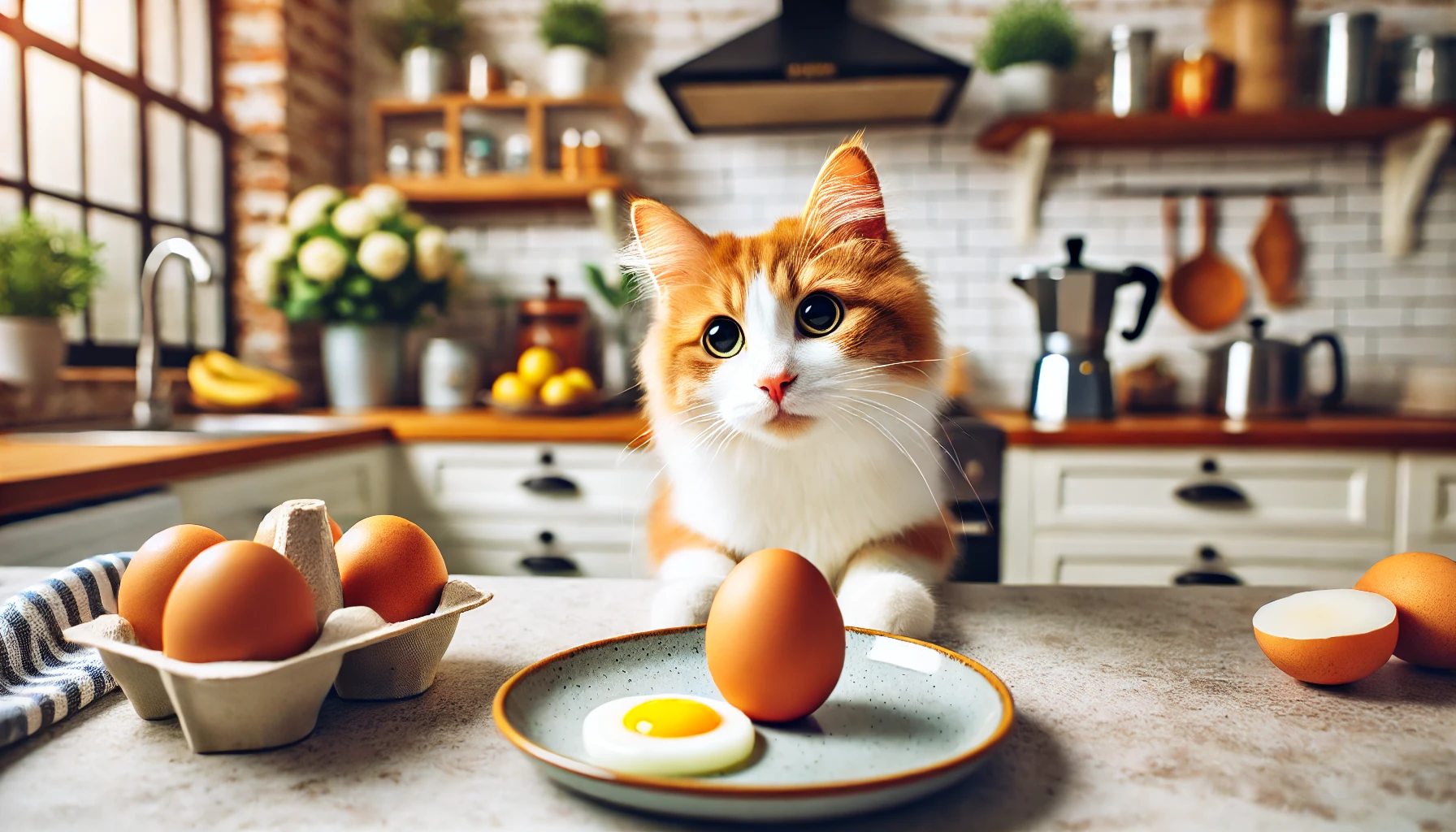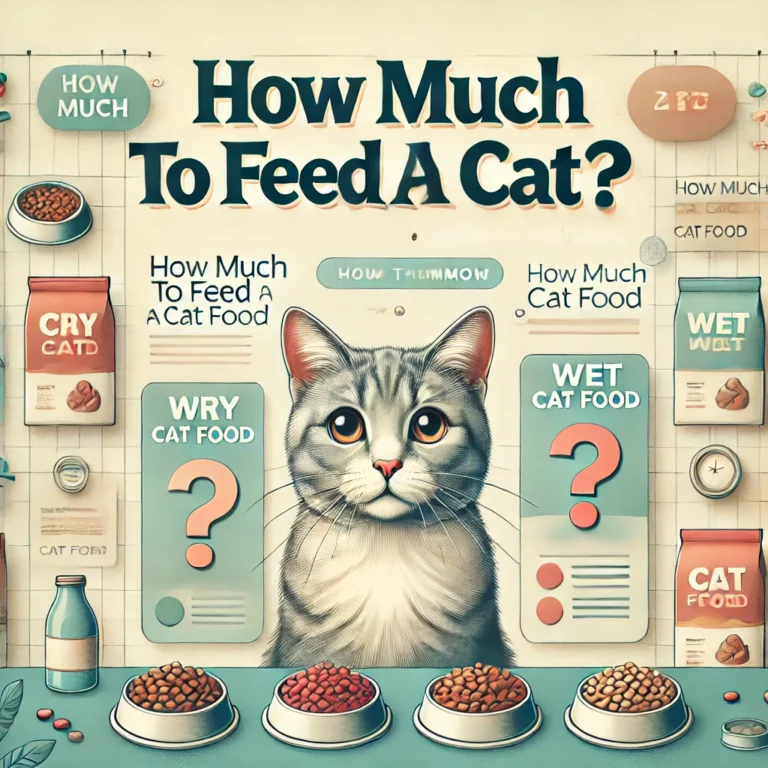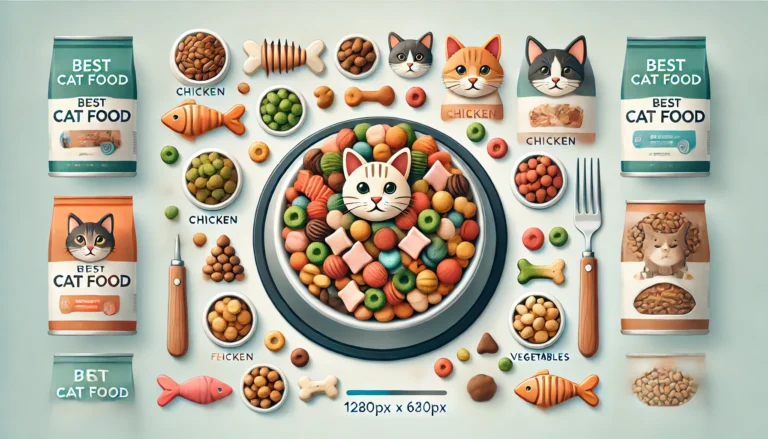Can Cats Eat Eggs? Unscrambling the Complete Guide

know that can cats eat eggs?
Have you ever found yourself whipping up an omelette or cracking a few eggs into a skillet for breakfast, only to turn around and see your cat’s curious eyes following every move? This leads many cat owners to ask: “Can cats eat eggs?” Well, let’s dive into this egg-citing topic and find out what’s safe and what’s not for our feline friends.
Eggs and Cats: A Good Match?
Eggs are indeed a fantastic source of protein, vitamins like A and B12, fatty acids, iron, and selenium. These nutrients are crucial for maintaining healthy skin, a shiny coat, and overall good health in cats. But before you start serving up a side of scrambled eggs to your cat, there are a few things to consider.
Cooked vs. Raw: The Great Debate
The golden rule? Cats can eat eggs, but only if they’re cooked. Raw eggs can pose risks such as exposure to salmonella or E. coli, which could make your cat very sick. Moreover, raw egg whites contain avidin, an enzyme that interferes with the absorption of biotin (a B vitamin), which can lead to skin and coat issues.
How to Serve Eggs to Your Cat
When it comes to how you can safely serve eggs to your cat:
- Cooked is best: Fully cook any eggs you feed your cat. Boiled, scrambled, or poached—make sure they’re plain, without any added salt, spices, or milk.
- Small portions: Eggs should only be a treat or supplement, not a regular meal. A few bits of scrambled egg or a slice of hard-boiled egg is enough.
Frequency of Feeding Eggs to Cats
Moderation is key—once or twice a week is sufficient. Eggs are merely a supplement to your cat’s diet and should not replace meals formulated specifically for cats.
Potential Benefits of Eggs for Cats
Feeding your cat eggs can offer benefits like:
- Improved skin and fur health: Thanks to the vitamins and minerals in eggs.
- Protein boost: Essential for muscle repair and growth.
- Fatty acids: Help with inflammation and maintaining a shiny coat.
Watch Out for Allergies
While it’s rare, some cats can be allergic to eggs. If you notice any signs of an allergic reaction, such as itching, gastrointestinal upset, or lethargy, stop feeding your cat eggs and consult your vet.
Can Kittens Eat Eggs?
Yes, kittens can eat eggs, provided they are fully cooked and introduced into their diet gradually. The same rules apply as with adult cats—small amounts and not as a meal replacement.
The Risks of Egg Shells and Other Parts
- Egg shells: While they are a good source of calcium, they need to be ground into a fine powder to prevent choking or digestive issues.
- Egg yolk: High in fat, it should be given in moderation to avoid obesity.
- Egg white: The safest part of the egg for cats when cooked, as it is lower in fat and contains high-quality protein.
do you know?
Mushrooms are a type of fungi that come in thousands of different species, only a handful of which are actually safe and edible for humans—and even fewer are safe for dogs.
Conclusion: Can Cats Safely Eat Eggs?
In a nutshell, yes, cats can safely eat eggs if they are cooked and given in moderation as part of a balanced diet. Eggs can provide additional nutrition to your cat’s diet and can be a tasty treat they enjoy. Always observe your cat’s reaction to new foods and consult with your veterinarian if you have any concerns about your cat’s diet or health.
So there you have it, a detailed guide on feeding eggs to cats, sprinkled with a little bit of everything—from nutritional facts to preparation tips. Next time your furry friend gazes up at you with those big eyes while you’re cooking eggs, you’ll know exactly what to do!
Can cats eat cooked eggs?
You can feed your cat hard boiled, scrambled, poached or even microwaved eggs as long as they’re fully cooked (reaching an internal temperature of 160°F). Just let the egg cool down a bit before serving. Don’t add any seasonings to the egg that you feed your cat – not even salt
How much egg can I give my cat?
How Many Eggs Can A Cat Eat? It’s widely recommended that most cats should not be given more than one full egg per day. Eggs should never be the sole source of protein for your cat, much like cat food contains other much-needed nutrients for a healthy, balanced diet. Think of them more like a treat






